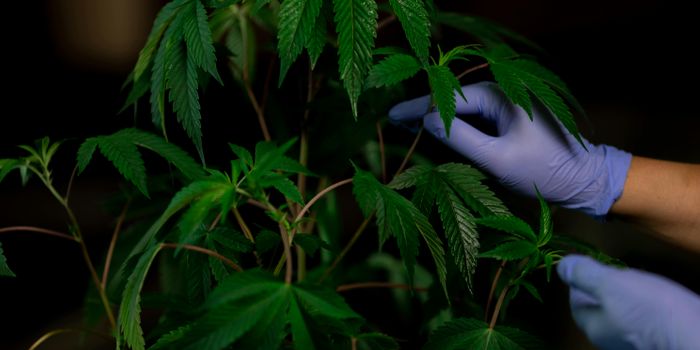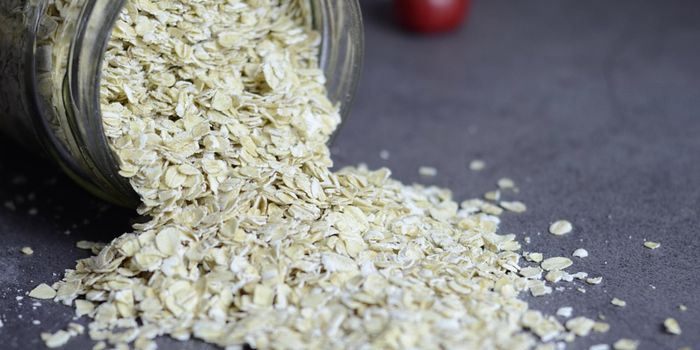Smarter Bees Aren't as Good at Foraging, Study Shows
Is being smarter an advantage? Apparently, it depends on what type of creature you are and what you do to make the world go ‘round.
If you’re a human being, perhaps being smarter has its advantages, but a study published in the journal Scientific Reports suggests that if you’re a bee, being smarter actually comes with a lot more downsides than anything else.
Image Credit: Pieterz/Pixabay
The study, which was conducted by researchers from both Royal Holloway, Plant & Food Research, and the University of Guelph, revealed that bees known to be smarter than others were much less effective at gathering resources for their colony than their ‘dumber’ counterparts were, a behavior known as foraging.
The researchers came up with this conclusion by first measuring the intelligence and ability to learn of 85 bees. Afterwards, they tagged each bee so that they could tell them apart. Following the tagging, each bee was then allowed to gather resources for the colony, including nectar and other food supplies.
Interestingly, the bees that were deemed smarter than average were observed collecting resources at the same speed as normal-intelligence bees would, but they would have a much shorter foraging lifespan. In turn, they were less valuable to the colony.
Related: Can we save the bees? [Infographic]
"Our results are surprising, because we typically associate enhanced learning performance and cognitive ability with improved fitness, because it is considered beneficial to the survival of an individual or group," says Royal Holloway graduate and Plant & Food Research scientist Dr Lisa Evans in a statement. "This study provides the first evidence of a learning-associated cost in the wild."
This doesn’t mean that smarter bees would die sooner, but rather, it means they would retire from foraging much faster than a normal-intelligence bee would. This ultimately means they collect fewer resources throughout their lifespan.
One of the theories behind why this is the case is that development of neural tissue is energy-intensive, as is collecting resources for the colony. Because the bees only have so much energy to begin with, smarter bees have to divide their energy more between physical activity and brain activity, whereas dumber bees focus more on physical activity entirely.
When push comes to shove, perhaps being smarter than the rest isn’t always an advantage. Then again, it really depends what your duties are, because physical activity has never really been a preferential forte for Brainiacs.
Whether or not the same implications can be applied to other animal species has not yet been scientifically proven, however future studies could provide more insight.
Source: Phys.org









